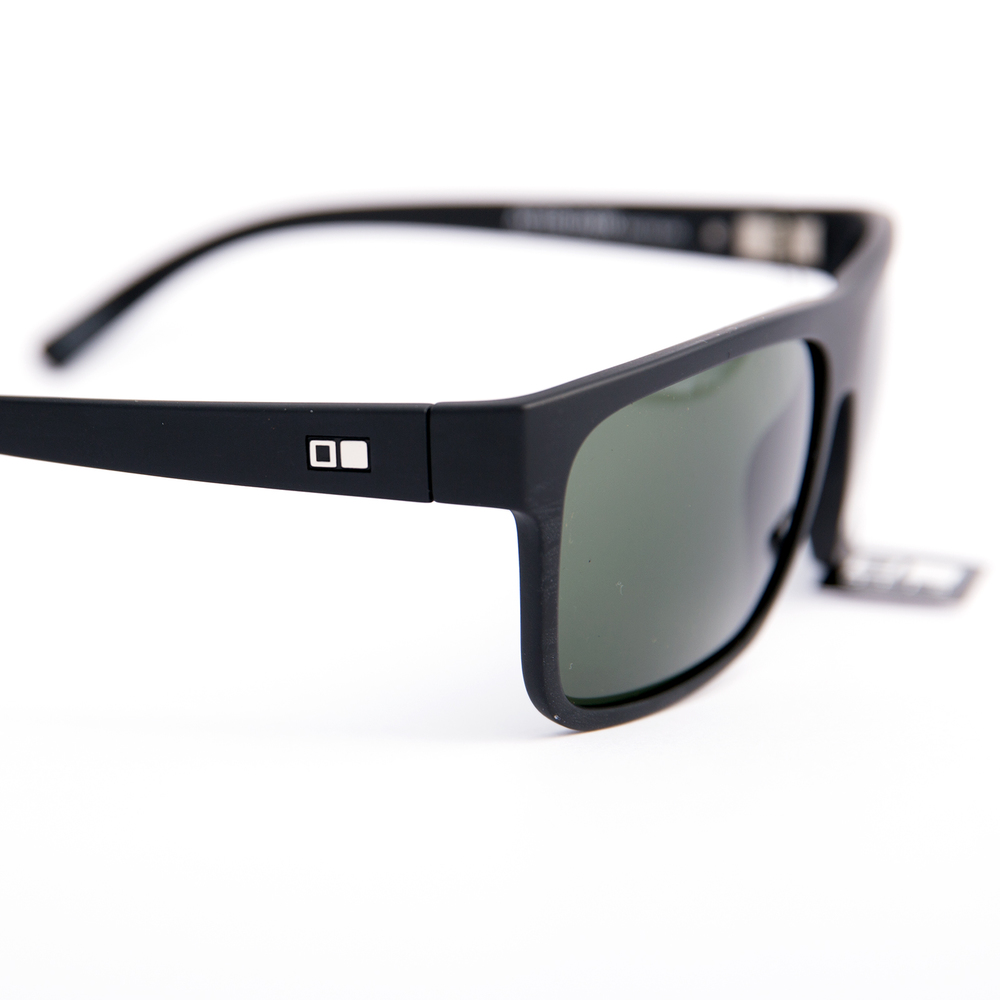No brand combines fashion, technical brilliance, and comfort better than Otis when it comes to sunglasses.
What’s the secret? Mineral glass lenses.
Today, we’re going to answer the most common questions about mineral glass lenses so you can understand why they cannot be beaten.
- Why are Otis glass lenses the best glass lenses in the sunglass’s realm?
While there are plenty of brands out there that offer glass lenses, Otis prides themselves on creating a glass with a difference.
Using a glass known as mineral glass, which is highly sustainable and premium. It’s made from natural materials, and this combined with the use of only high-quality materials in the frames and other components means that a pair of Otis sunglasses is going to outlast many other brands out there.
And even though the materials used to make a pair of Otis sunglasses are only the best of the best, they are still affordable, with Otis sunglasses able to be purchased for under $250, which is less than a lot of the big sunglass’s brands out there.
- Why are Otis glass lenses better than other glass lenses and plastic lenses?
There are many reasons as to why Otis’ glass lenses are better than other ones on the market. To start, mineral glass is made from natural materials, predominantly being sand and soda ash. These natural materials are not only abundantly found, but they are also able to be recycled time and time again. So, when a pair of Otis sunglasses hits the end of their lifespan, those lenses are able to be recycled and reused.
Mineral glass is also highly resistant to scratching and provides incredible optical clarity. They are also totally distortion-free, making them lightyears ahead of the rest of the sunglasses lens materials out there.
Summer is Here, You may also like to read: How you can style Sunglasses This Summer.
Another thing that makes mineral glass highly unique is that compared to other materials used in glasses and sunglasses lenses, it does not require additional coating or layers of any kind for scratch resistance or UV protection – these are naturally inherent properties of mineral glass.
Mineral glass is also extremely durable, strong, and rigid, which means that it won’t warp or lose shape, which can occur with other materials, like plastic lenses.
The material itself is also not susceptible to other elements or materials that may come into contact with your sunglasses, like saltwater, oil, or any other kind of liquid.
The mineral glass’s ability to resist scratches means that no matter what you throw at these sunnies, you’re still going to have that amazing visual clarity!
- What makes lenses made of glass so scratch resistant?
Lenses undergo a chemical and thermal hardening process which makes them highly scratch resistant. Ion hardening is the name of the chemical process that lenses undergo, and it involves the exchange of smaller ions from the glass with larger ions of a molten chemical on the surface of the glass. This allows the glass in the lenses to be able to withstand significantly more pressure.
The thermal process further strengthens the lenses to create a hardening effect by heating the glass to 400 degrees Celsius, which is their melting point. Then the glass lens surface is rapidly cooled down, and the inside is still hot. This is what helps to create that hardening effect.
- Is it possible for mineral glass lenses to be polarised?
Yes! Every pair of Otis sunglasses can be polarised, which means you’ll be able to wear your Otis sunglasses in even more situations!
- Where can I buy a pair of mineral glass lens sunglasses?
Otis is the only brand out there that offers mineral glass lenses in all of their sunglasses. With a range of sunglasses that includes iconic and classic designs and premium materials at affordable prices, you can’t go past a pair of Otis sunglasses. Luckily, you can buy Otis sunnies easily from anywhere in Australia when you shop with Great Southern Sunnies. They offer a huge range, at competitive prices and fantastic customer service, making it so easy for you to get your hands on Otis sunnies today.
